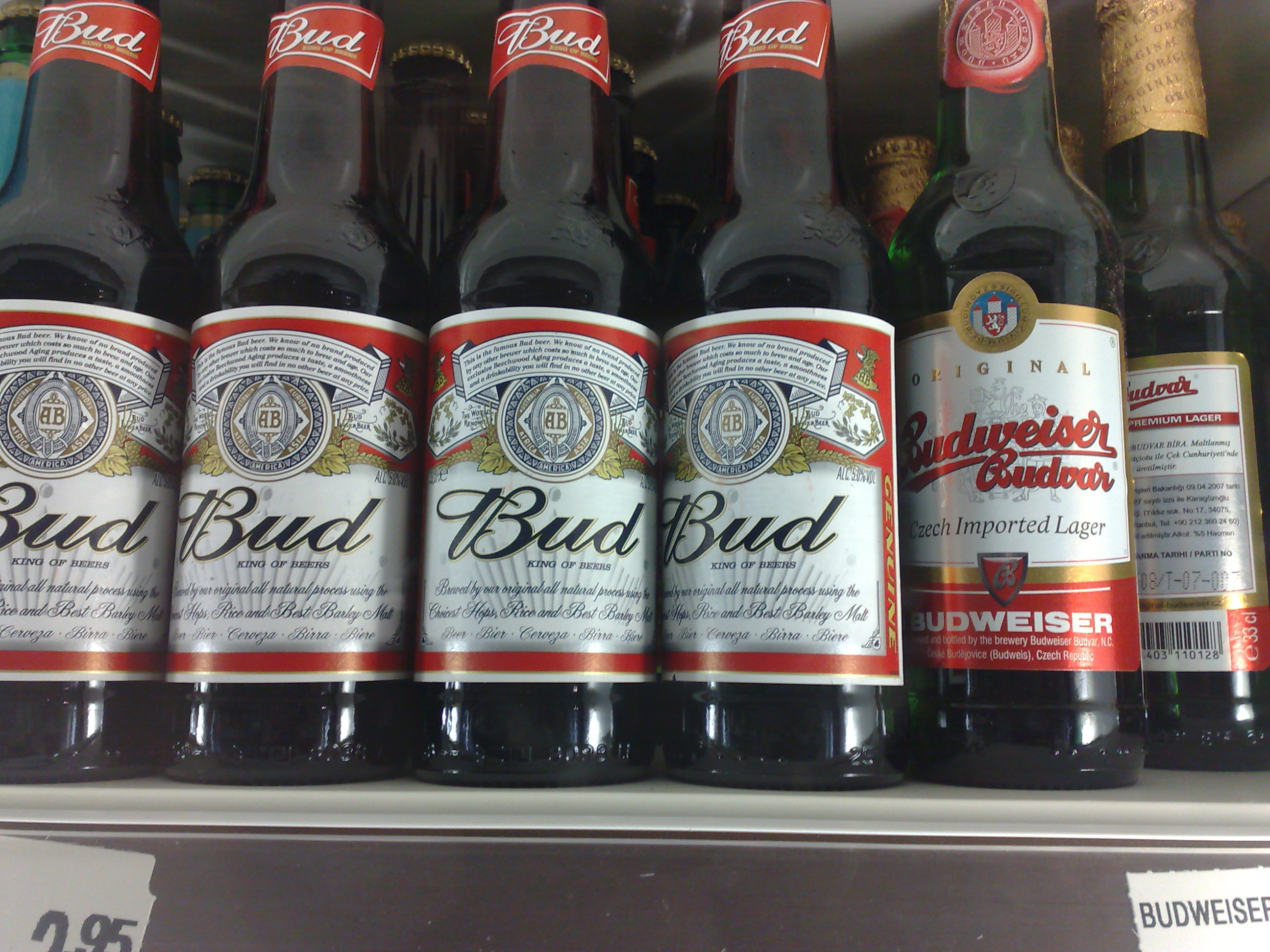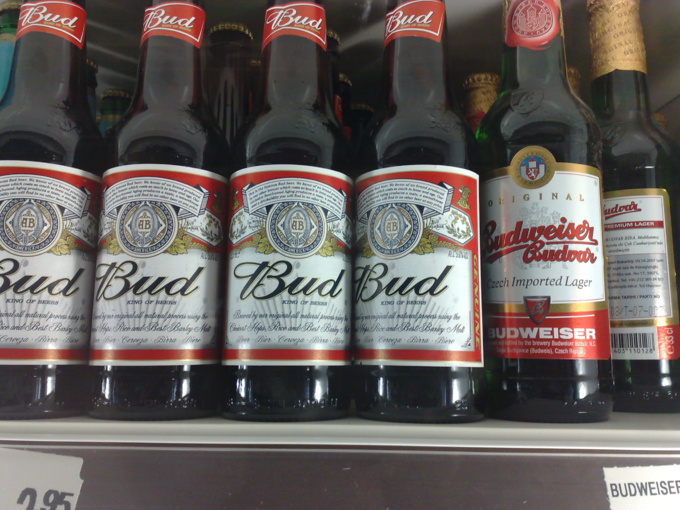In early July, AB InBev planned to sell about 15% of the existing Budweiser APAC shares at 40–47 Hong Kong dollars, which corresponds to $ 5.13–6.02. Even if the deal went through the bottom of the price range, it would still be the largest this year, surpassing Uber’s IPO on the New York Stock Exchange worth $ 8.1 billion.
Depending on the demand for securities, AB InBev could raise $ 8.3 billion to $ 9.8 billion, while Budweiser APAC's capitalization would be from $ 54.2 billion to $ 63.7 billion, WSJ and Financial Times (FT) calculated.
The placement was supported by JPMorgan, Morgan Stanley, Bank of America Merrill Lynch, Deutsche Bank, etc.
Budweiser APAC, according to AB InBev, is the largest brewing company in the Asian market. Its portfolio includes global brands like Budweiser, Stella Artois, Hoegaarden plus many local ones for the markets of China, Australia, India, South Korea and Vietnam.
The sale of a share in Budweiser APAC was supposed to help reduce the debt burden of the parent company, said Carlos Brito, executive director of AB InBev, told FT. At the end of 2018, the company’s net debt reached $ 102.5 billion with revenue of $ 54.6 billion, AB InBev’s annual report states.
Over the past ten years, AB InBev has conducted two historical deals. In 2008, Belgian InBev acquired American Anheuser-Busch for $ 52 billion, as a result of which the company took its current form. In 2016, AB InBev absorbed a direct competitor - the British SABMiller - for $ 106 billion. These acquisitions burdened the company with debt, the FT indicates.
Recently, AB InBev has been taking active steps to reduce the credit load. So, in October 2018, the company reduced dividends to save $ 4 billion, Bloomberg recalls.
Although two thirds of Budweiser APAC’s sales and half of its profits are received from mature Australian and Korean markets, China is expected to be the main source of growth in the coming years: the growing middle class is buying more and more expensive goods. As a result, according to CNN Business, in 2018 Budweiser APAC sales in the Chinese market increased by 8.3%, while overall organic revenue growth was 6.1% to $ 8.4 billion. According to Euromonitor International, referenced by Bloomberg, so far the Chinese are spending on beer only $ 66.4 per year per person, while the average Englishman is 6.6 times more: $ 441.
source: ft.com, wsj.com, bloomberg.com
Depending on the demand for securities, AB InBev could raise $ 8.3 billion to $ 9.8 billion, while Budweiser APAC's capitalization would be from $ 54.2 billion to $ 63.7 billion, WSJ and Financial Times (FT) calculated.
The placement was supported by JPMorgan, Morgan Stanley, Bank of America Merrill Lynch, Deutsche Bank, etc.
Budweiser APAC, according to AB InBev, is the largest brewing company in the Asian market. Its portfolio includes global brands like Budweiser, Stella Artois, Hoegaarden plus many local ones for the markets of China, Australia, India, South Korea and Vietnam.
The sale of a share in Budweiser APAC was supposed to help reduce the debt burden of the parent company, said Carlos Brito, executive director of AB InBev, told FT. At the end of 2018, the company’s net debt reached $ 102.5 billion with revenue of $ 54.6 billion, AB InBev’s annual report states.
Over the past ten years, AB InBev has conducted two historical deals. In 2008, Belgian InBev acquired American Anheuser-Busch for $ 52 billion, as a result of which the company took its current form. In 2016, AB InBev absorbed a direct competitor - the British SABMiller - for $ 106 billion. These acquisitions burdened the company with debt, the FT indicates.
Recently, AB InBev has been taking active steps to reduce the credit load. So, in October 2018, the company reduced dividends to save $ 4 billion, Bloomberg recalls.
Although two thirds of Budweiser APAC’s sales and half of its profits are received from mature Australian and Korean markets, China is expected to be the main source of growth in the coming years: the growing middle class is buying more and more expensive goods. As a result, according to CNN Business, in 2018 Budweiser APAC sales in the Chinese market increased by 8.3%, while overall organic revenue growth was 6.1% to $ 8.4 billion. According to Euromonitor International, referenced by Bloomberg, so far the Chinese are spending on beer only $ 66.4 per year per person, while the average Englishman is 6.6 times more: $ 441.
source: ft.com, wsj.com, bloomberg.com



















